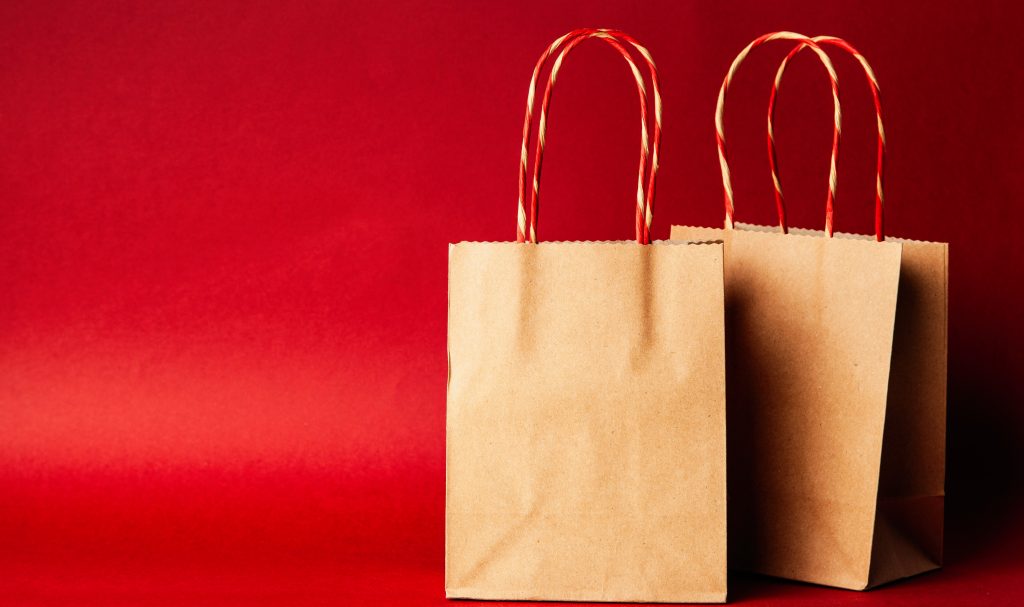8 out of 10 think retailers use too much packaging – Amazon worst offender

The vast majority of British consumers still think companies use too much packaging despite industry evidence showing a slight reduction in materials used to deliver products.
This figure (85 per cent) is slightly down from research commissioned 12 months ago, which found 88 per cent believed their shopping came with excessive wrapping.
Household appliances and children’s toys were again deemed the worst culprits for excess packaging. Fruit and vegetables were also among the consumer goods which are needlessly wrapped up.
However, Amazon has gone up in the ranks of the worst offenders for excess packaging, among 52 per cent of the 2,000 adults polled. This compares unfavourably with the research from 2019, when 47 per cent chose the online retailing giant.
On the other hand, supermarket chain Tesco dropped three per cent from 14 to 11, according to the British public.
The research was commissioned by the Chartered Institute of Marketing (CIM), whose director of marketing Gemma Butler said: “We wanted to see how things had changed in the last year, in terms of excess packaging.
“While it’s positive to see a slight drop in how many people believe companies are over-packaging their goods, there are a lot of caveats.
“We know the pandemic and subsequent lockdowns have changed buying behaviours, and there has been a considerable increase in online purchasing which means more home deliveries.
“So even where companies have improved their packaging, the increased volume and frequency of purchases will naturally push up the amount of packaging in circulation.
“However, with over a third of people saying they judge companies based on the ethics of their packaging, there are still serious implications for brands not living up to consumer expectations, and marketers must take note.”
In 2019, eight in 10 adults (80 per cent) said they would like to see more done by large companies to promote sustainable packaging.
However, in 2020 that figure has dropped as low as 62 per cent, according to the OnePoll research.
The survey commissioned this year also found a quarter say that as long as their product is protected by the packaging, they don’t mind if there’s excess packaging.
But on the other hand, 35 per cent admit they ‘judge’ companies based on the ethics of their packaging.
Thirteen per cent of the population have complained to a company about their excess packing – but they are more likely (20 per cent) to complain to peers.
Three in 10 of those surveyed say they’re willing to spend more on a product if it comes in more sustainable packaging.
And on average, they’d pay a huge 18 per cent more if they knew what they were buying resulted in a more positive impact on the environment.
The findings come after several brands have looked at ways to improve excess packaging, including Primark which introduced brown paper bags which double up as wrapping paper.
The Co-op has announced that 35 stores will be fitted out with eco-refill stations while Adidas is partnering with Parley Ocean Beach to create sustainable sportswear.
Concludes Gemma:
“It’s interesting to see how attitudes towards recyclable packing materials have changed in the last year.
“For many, there is definitely the recognition of a need for companies to make a change, but this continues to be offset against the convenience factor that consumers have become so used to.
“It is clear that there are huge opportunities for brands that can offer innovative ways to help customers reduce, reuse and recycle their plastic and excess packaging consumption.”
Worst offenders in the eyes of consumers for using excess packaging in 2019:
1. Amazon 46.75%
2. EBay 14.75%
3. Tesco 14.00%
4. Sainsburys 12.65%
5. Asda 11.25%
6. ASOS 9.40%
7. Boohoo 8.35%
8. Pretty Little Thing 7.85%
9. Ocado 7.45%
10. Etsy sellers 6.85%
11. Misguided 5.50%
Worst offenders in the eyes of consumers for using excess packaging in 2020:
1. Amazon 51.94%
2. eBay 13.65%
3. Tesco 11.47%
4. Sainsburys 10.35%
5. ASOS 9.88%
6. Asda 9.88%
7. Pretty Little Thing 8.06%
8. Boohoo 7.29%
9. Etsy sellers 7.06%
10. Missguided 6.06%
11. Ocado 5.71%

